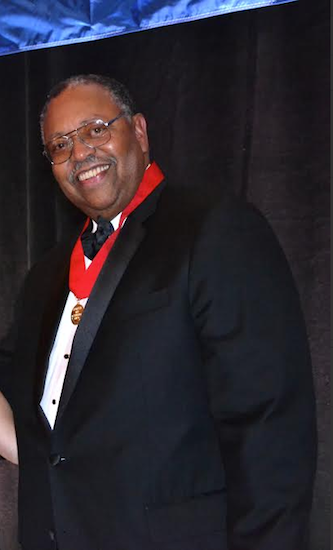Parents claim religious exemption to vaccination laws, judge finds no constitutional basis

Parents of New York children seeking constitutional reprieve from New York’s mandatory vaccination laws found little sympathy in Brooklyn’s federal court. District Judge William Kuntz ruled that no constitutional rights are denied to parents who seek to remove their children from vaccination requirements.
New York’s education law requires school-age children to receive vaccinations prior to attending school. Nicole Phillips, Fabian Mendoza-Vaca and Dina Check, parents of minor children, decided against vaccinations for their children on the grounds of sincere religious beliefs and objections to the practice. Understanding that some parents may have reasons to be against vaccinations, the state allows for exemptions on religious grounds. The condition to the state exemption is that non-vaccinated children are excluded from school when schoolmate reports a vaccine-preventable disease.
These exclusions, Phillips, Mendoza-Vaca, and Check contend, violate their and their children’s First Amendment protection of religious freedom and 14th Amendment guarantee of equal protection under the law, in addition to the New York state constitution and human rights law. Arguing that their children were “arbitrarily, capriciously, unreasonably and unconstitutionally denied” the religious freedom to abstain from vaccination, the parent plaintiffs filed a claim against The Department of Education in Brooklyn’s federal court seeking a determination that New York state vaccination practices are in fact unconstitutional.